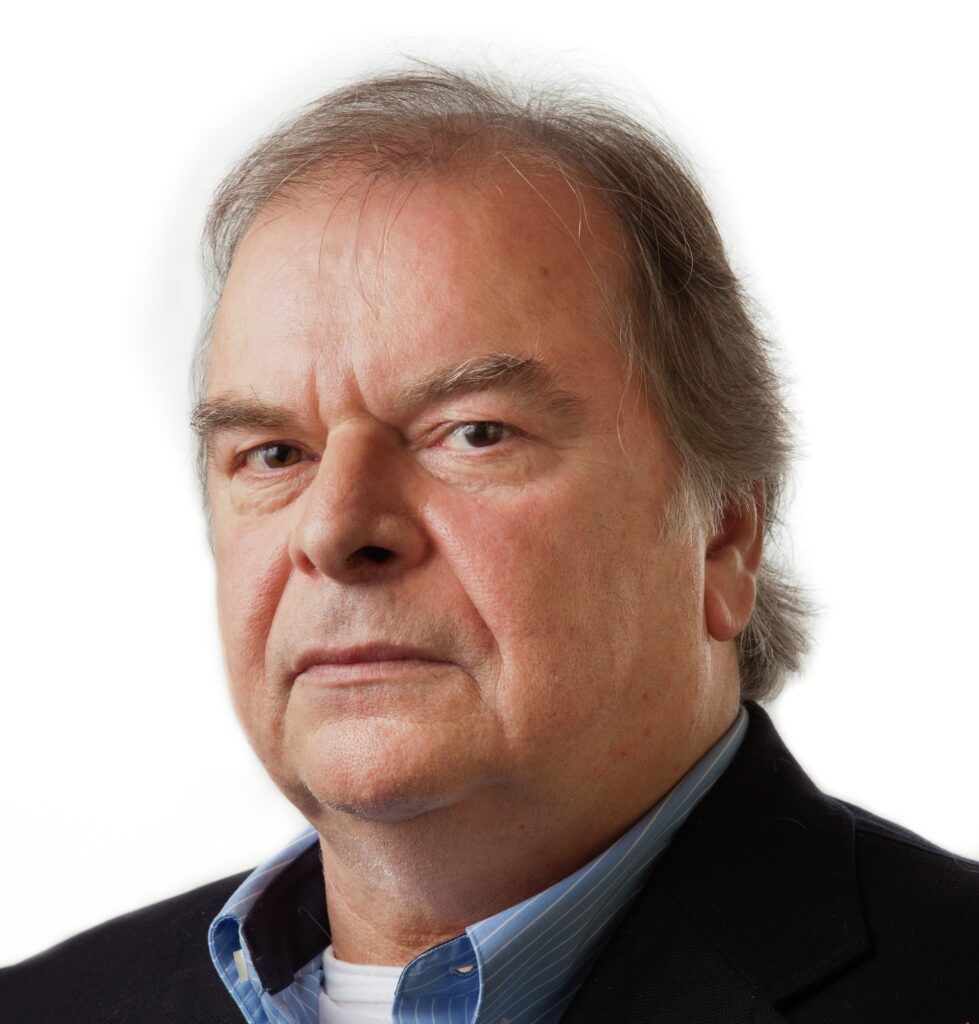On 29 July, Geert Reuten passed away after a short illness with liver cancer. Geert was the youngest of twelve children and belonged to a prominent Catholic family. His grandfather, textile manufacturer Vincent van den Heuvel, had for many years been a member of parliament for the Catholic Party and played an important role in the establishment of the Boerenleenbank (now Rabobank). Geert himself would become the radical outlier of the family.
Geert (b. 1946) was an amiable man. He was always willing to listen to people who disagreed with him, remaining friendly and polite, but usually sticking to his views – views that he had usually thought long and hard about. Within the economics faculty of the University of Amsterdam, where he had been teaching since 1977, he formed a radical minority with a small group of like-minded people. His most important intellectual sparring partner and best companion was probably the econometrician Boe Thio, who was a member of the Communist Party’s executive committee for quite some time. Geert remained friends with him until the end.
Early on in his political and academic development, Geert decided to pursue two goals simultaneously: on the one hand, to develop concrete proposals for a better economic policy – particularly in the Netherlands and Western Europe – and, on the other hand, to elaborate on Marx’s fundamental critique of capitalism.
I got to know Geert after he, with Boe Thio and others, published Economische beleid uit de klem (Economic Policy Out of the Jam) in 1980: a proposal for a different economic design for the Netherlands. The book was a left-wing Keynesian plea for “stimulus policy” and did not receive much attention.
In later years, Geert regularly appeared in the media with ideas for alternative (left-wing reformist) politics. At the end of the 1990s, he opposed the European Monetary Union and the introduction of the euro. An ‘Open Letter from European economists,’ which he helped initiate, was published in l’Echo, The Guardian, and Il Manifesto, among others.
In 2003, he joined the left-wing social-democratic Socialist Party. From 2007 to 2015 and from 2018 to 2019, he served as spokesperson for Finance and Economic Affairs for this party in the Dutch Senate. There, he stood out for his calm, fact-based arguments.
While Geert was so intensely involved in the details of daily politics, he was simultaneously building an impressive scientific oeuvre. When US economist Fred Moseley took the initiative in 1991 to organise an annual week-long International Symposium on Marxian Theory, Geert joined in. He acted as co-editor of the ISMT volumes on parts two and three of Capital: The Circulation of Capital (1998; with Chris Arthur), and The Culmination of Capital (2002, with Martha Campbell).
When the Historical Materialism project was launched – as a journal in 1997 and as a book series in 2002 – Geert was enthusiastic about it. As an author, he contributed no fewer than three volumes to the book series: The Unity of the Capitalist Economy and State (2019); Design of a Worker Cooperatives Society (2023); and Essays on Marx’s Capital (2024). One of the things these publications showed was a growing interest in what a democratic socialist society might look like.
At the launch in Amsterdam in 2019 for his book The Unity, I argued that Geert should be considered the most important Dutch Marxist economist ever, despite illustrious predecessors such as Saks, De Wolff, and Van Gelderen. The books he published afterwards seem to confirm this.
In July 2024, I received a request to write a chapter on council-communist alternatives to capitalism for the Edward Elgar Handbook on Postcapitalist Political Economy. I asked Geert if he would be willing to do it in my place; he immediately agreed. Geert promptly wrote a wonderful article for Edward Elgar, and then began to expand it into a small final book, which he more or less seems to have completed shortly before his death.
In recent years, scientific work had become more difficult for Geert because he had suffered intestinal damage during treatment for prostate cancer, which was accompanied by chronic anaemia. He needed increasingly frequent blood transfusions. Since 2023, he had been living in a sheltered accommodation near his daughter in Friesland. He wrote to me about this: ‘I am very happy living there now, and from my study I have a view of meadows, fields and woods, instead of neighbours across the street in Amsterdam. But I am deprived of my own thousands of books and a university library.’
In the course of 2024, together with historian Jens Aurich, I prepared a first ‘Meeting of Marxist researchers in the Netherlands’, scheduled for Saturday 14 December 2024. Geert wrote to me: ‘What an excellent idea! I will be there. It is convenient for me that it is on a Saturday, as one of my grandsons can drive me there. It will be the first time in a year and a half that I have travelled outside Friesland.’ And indeed, Geert, somewhat thinner, attended the meeting, thereby lending it additional political and academic weight.
Geert’s contributions to politics and science are enormous. But he never really succeeded in reconciling the two main strands of his activities: on the one hand, the pursuit of a more social form of capitalism, and on the other, the construction of a radically different democratic-egalitarian society. Perhaps that is the greatest task he leaves us with.

